Secrets of Psychotherapy (Part 3): What's Your Psychological Type?

PSYCHOLOGYTODAY - Swiss psychiatrist C.G. Jung formally introduced his theory of typology to the world in the classic text Psychological Types (1921). People are sometimes surprised to learn that Jung's book is the basis for the popular Myers-Briggs Type Indicator (MBTI), and the less well known Gray-Wheelwright Test and Singer-Loomis Type Deployment Inventory (SL-TDI). While these Jungian systems of type testing can be interesting--formulating complex permutations of introversion, extraversion, feeling, thinking, sensation, intuition, judging and perceiving--as a psychotherapist, I have always found Jung's primary notions of introversion and extraversion to be the most clinically useful.
Here is a super quick, easy and, in my view, fairly accurate way to determine your own basic typology: When you're down, stressed, burnt-out, overwhelmed, drained or exhausted, what do you want to do to feel better? What works best to recharge your battery? Typically, there are two kinds of responses to this question. What's yours? Note it now. We'll come back to this soon.
For Jung, there were essentially two types of people; introverts and extraverts. These were Jung's terms, for which he gives specific definitions. While his term introversion is today widely used as a synonym for shyness, introversion is not necessarily shyness. But there is a close relationship between shyness and introversion, which Jung felt (and I fully agree) is largely an innate tendency. (This strongly contradicts a recent post here on shyness claiming little or no congenital influence at all! ) Introversion is a turning inward toward the interior world of ideas, feelings, fantasies, intuitions, sensations, and other facets of subjective experience. The introverted type finds most of his or her meaning and satisfaction not in the outer world of people, objects, things, accomplishments, but rather in the interior life, the inner world. Extraverts, on the other hand, live almost exclusively in and for the exterior world, deriving fulfillment from regular interaction with outer reality.
Of course, no person is completely introverted or extraverted. These are two extreme poles on a continuum which we all occupy. A majority of us lean toward the extraverted orientation, placing true introverted types in the statistical minority in most westernized cultures. Indeed, introversion tends to be stigmatized in our culture, pathologized, and deemed abnormal. When introversion is extremely one-sided, it can become pathological shyness, social phobia, schizoid personality, autism or even psychosis: a total detachment from outer reality. Extreme extraversion can manifest in compulsive activity, workaholism, mania and addictive behaviors (e.g., sex addiction) serving the purpose of avoiding introversion or self-reflection at any cost. Some rhythmic balance between introversion and extraversion is essential for mental health. Introversion and extraversion appear to be innate temperaments or personality traits which can be and are, however, influenced by environment. For example, in a highly extraverted society like the United States, or an extraverted family, introversion is often discouraged starting in childhood, with extraversion being encouraged as the social norm. As a result, many naturally introverted types strive to become extraverts, developing an extraverted persona, but inexplicably, feel chronically anxious, fatigued or depressed. This could also occur when an extraverted type is constrained by a socially or religiously imposed façade of introversion. Sometimes, extreme extraversion or introversion can stem from too much of its opposite, a compensatory reaction of the psyche.
Introverts tend to have trouble dealing with the outer world in general. Extraverts have equal trouble dealing with the inner world. And both resist doing so, in what frequently becomes a habitual pattern of avoidant behavior. Depth psychology, and Jungian analysis specifically, emphasize the importance of understanding, accepting and honoring one's own typology. It can also be helpful to consider the typology of significant others too: spouses, lovers, friends, parents, siblings, co-workers, etc. Jung's central point about typology is that our particular psychological type is a lens through which we view life, and determines how we see, relate to, and interpret reality. What is so mind-boggling is how dramatically different extraverted and introverted types truly are! By their very nature, these are radically divergent modes of being-in-the-world, antithetical attitudes toward life. For example, a wife might be an extraverted type, wanting constantly to go out into the world, have adventures, meet people, etc. Her husband, on the other hand, is an introvert, for whom none of that holds much fascination. He wants nothing more than to stay home and think, read, contemplate, dream. His introverted attitude values the inner life over the outer; hers the outer over the inner. You see how this can wreak serious havoc and conflict in relationships? Particularly when neither party understands where the other is coming from, typologically speaking.
Now, to return to the little test you took earlier. If you responded that all you want to do to nurture yourself and recharge your spiritual battery is to stay at home, read a book, take a bath, meditate, listen to music, and to do so mainly solo, you probably tend toward the introverted pole. You are likely at least fifty-one percent an introvert. What do you think the extraverted type says? You are probably extraverted if you gave this classic response: "I want to go out and be with people, go to a party, do something exciting." You see, this is what fills the extravert's tank when its on empty. But for the introvert, this sort of extraverted activity, especially when depleted, is a repugnant prospect. As is the prospect of introspection and solitude for the extravert. Why? Because to rejuvenate themselves, to replenish their energy, the introvert must introvert. And the extravert must extravert. It's in their nature.
What happens when someone either doesn't know what their own typology is, or rejects it? What if you weren't able to answer the above query because you don't yet know how to recharge your battery, haven't found what works for you? When introverted types try to live like extraverts, they have problems, because they have lost connection to their true introverted selves, the re-energizing ground of their being. The same can be said about extraverted types who, wanting to be more "spiritual" or contemplative, cut themselves off from the material world. They have each lost their touchstone. It is quite true that Jung's idea of individuation --the process of becoming more whole--requires introverted types to develop and integrate what he called their "inferior function," their extraversion; and for extraverted types to cultivate their capacity for introversion. For both types, this is exceedingly difficult work. What comes naturally to the extravert, requires enormous effort for the introvert. And vice-versa. But it cannot be accomplished by denying one's innate typology and attempting to replace it with its opposite. (Though in the individuation process, the pendulum may sometimes swing from one extreme to the other before finding balance.) The introverted type must learn to extravert, honing his or her extraverted skills, but will always remain an introvert. Just as extraverted types need to learn to introvert but will always be extraverts. Balance is the key. As with much of psychotherapy, it's about learning to accept and take care of oneself, and recognizing that refusing to honor one's typology--and that of others--is ultimately self-defeating and destructive.
This is an excerpt from Dr. Diamond's forthcoming book Psychotherapy for the Soul: Thirty-Three Essential Secrets for Emotional and Spiritual Self-Healing


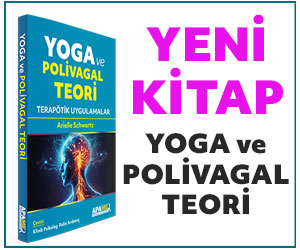


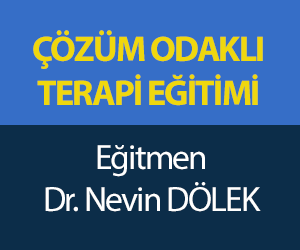
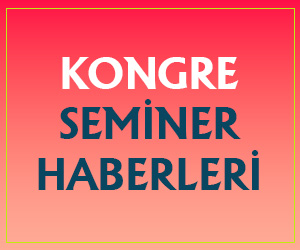
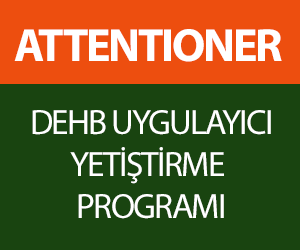
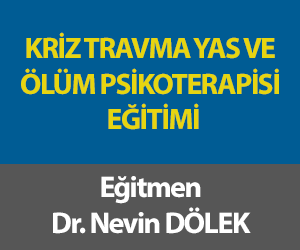
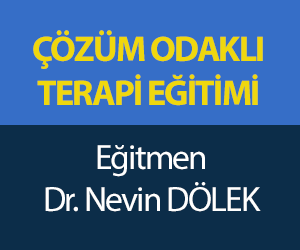
Türkçe karakter kullanılmayan ve büyük harflerle yazılmış yorumlar onaylanmamaktadır.